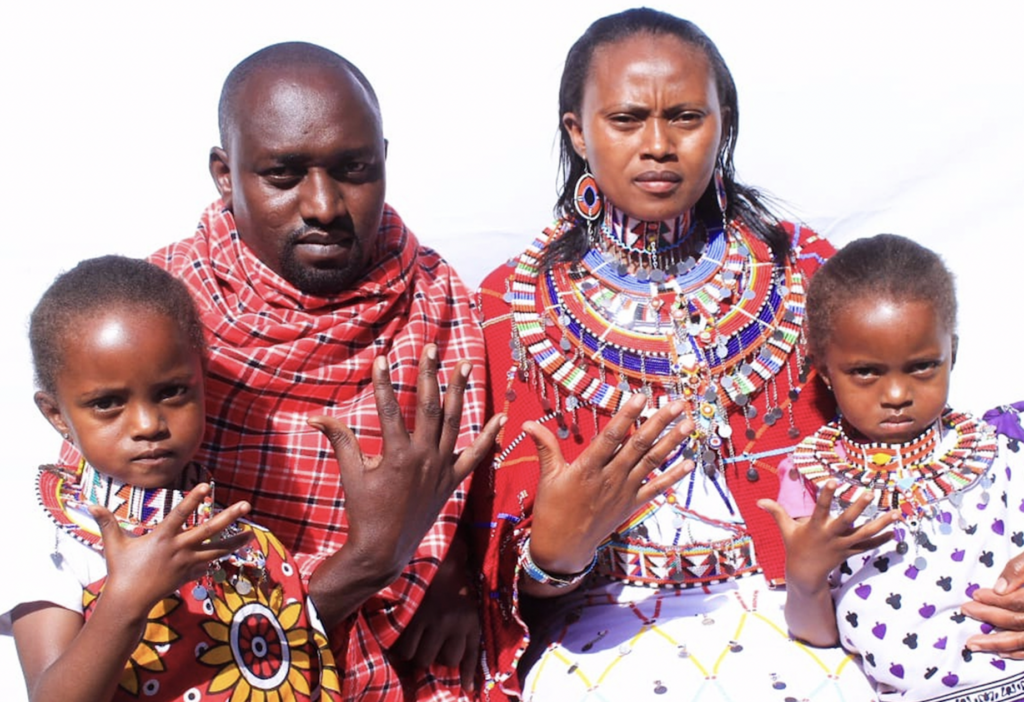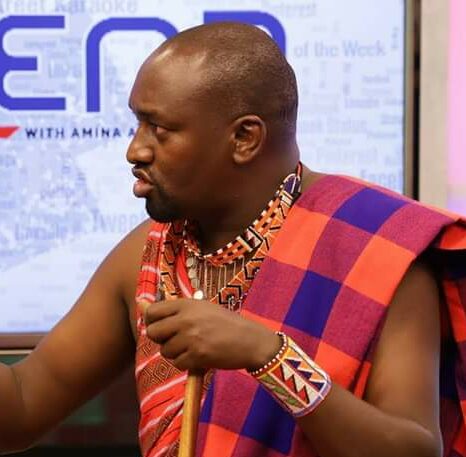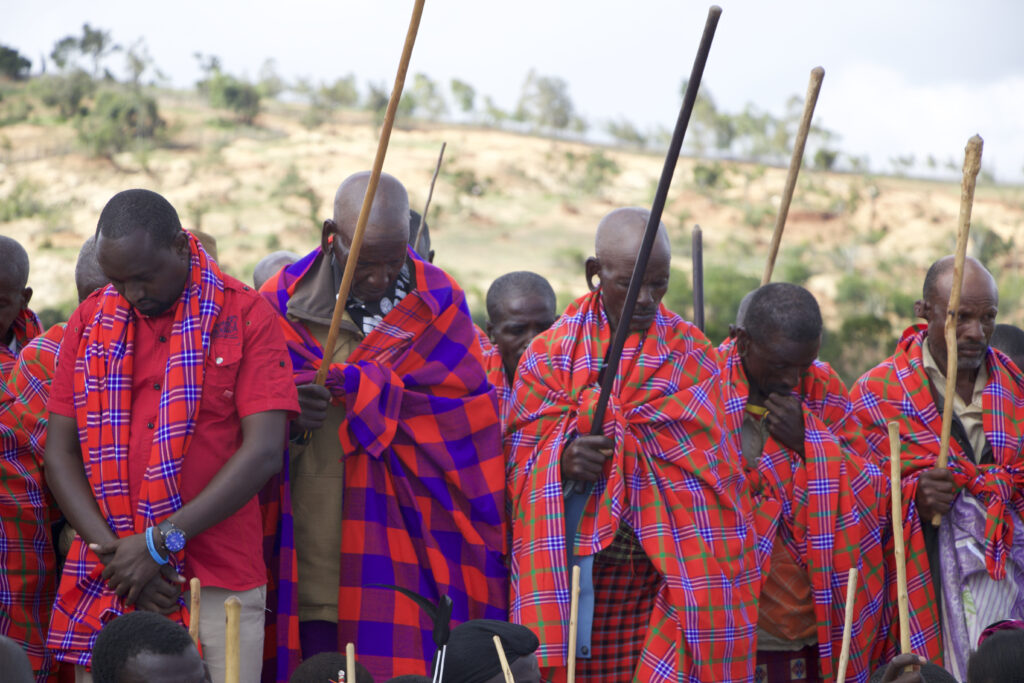YOUR PRIVACY
To enhance your experience with our site, many of our web pages use “cookies” and shopper ID’s. Cookies are text files we place in your computer’s web browser to store your preferences. To find out more, read our updated privacy policy.
“We will still be Maasai without FGM.”
– Parsanka Sayianka
Program Director, Progressive Cultures
Parsanka Sayianka
Parsanka Sayianka was born and raised in Paranai, a remote village in Kajiado South, Kenya. His parents are traditional Maasai pastoralists, and his upbringing greatly influenced his work in the community today. Growing up, Parsanka noticed how girls in other communities were able to go to school, while girls in his own community had no say in their own lives. Instead, most girls were destined for female genital mutilation (FGM) and early marriage, never to complete school or pursue their own dreams. At a young age Parsanka vowed that somehow, he would do something to help them. And as for himself, he would break tradition and marry a woman who hadn’t been subjected to FGM.
Parsanka did well in school and became the first boy from his village to attend high school and higher education. While studying telecommunications engineering at university, a terrible drought struck his family’s farm, decimating their herd of livestock and their livelihood. Unable to pay for school, Parsanka was forced to leave for two years before he could return to finish his degree. During this time, his passion to promote gender equality continued to grow. He ultimately decided to abandon his engineering career and instead devote himself to dismantling traditional forms of gender-based violence harming the women and girls of his community.
It wasn’t long before Parsanka fell in love with a Rendille woman from Marsabit County who had not yet been subjected to FGM, a common practice in her culture, too. True to the promise he made in his youth, he vowed to help ensure she would never undergo the cut. It was important to him to marry a woman who hadn’t been subjected to the practice because there is a deeply negative stigma around marrying uncut women, and Parsanka was determined to lead by example and play a role in ending that stigma. Both of their families were vehemently opposed to this idea and threatened to disown them. It took considerable time and negotiation with both families before he and his wife Josephine were able to finally marry. In the end, he was able to protect his wife, and later, his two daughters, from undergoing FGM.
The experience made him realize that all of these conversations and negotiations about something deeply personal and violating that would happen to his wife, and to other women around them, were being had only by men. “I discovered that my mother’s opinions were nowhere in this fight… I was fighting with men from the Rendille and Maasai communities.” It was then that he realized the most effective way for him to make a real difference in the fight against FGM was to focus his efforts on educating men. He explains that men hold far greater social power and influence than women in their patriarchal society, so men can play a truly meaningful role in challenging the traditions, norms, and gender stereotypes that perpetuate the practice.
“I fully understood that FGM [and] child marriage are male creations, so if we’re going to address these traditions, we have to approach the custodians of culture.” Parsanka used his respected standing in the community as a Maasai Moran (warrior) to hold meaningful conversations with other men. “I became a community dialogue facilitator… I went straight into deep rooted cultural practices that violate human rights, that are regressive, that deny girls opportunity, I went straight to discussing this with men and showing how this is their issue, and because it’s their problem, they are also the solution.”
Today, Parsanka works as the program director at Progressive Cultures, a community-based organization that promotes progressive attitudes, beliefs, narratives, and practices as a means to achieve gender equality and end traditional forms of gender-based violence like FGM and child marriage. Parsanka believes defying these practices must start at the individual level, and that people from all walks of life, men especially, must become examples. Parsanka’s critical reminder to his community: “We will still be Maasai without FGM.”



